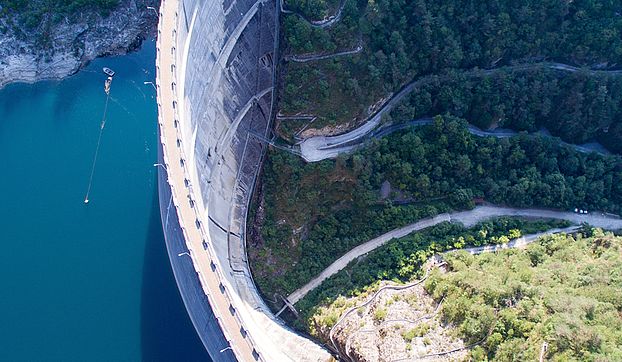/ News, Events
Inaugural Lecture by Prof. Dr. Corey Ross
Corey Ross, Director of the Institute for European Global Studies and Professor of European Global Studies, will deliver his inaugural lecture on 5 March 2024 at 6:15 pm at the Natural History Museum Basel. The topic of the lecture is "Water and Power in the Age of Empire – and Beyond." The event will be followed by an apéro. All interested guests are cordially invited!
During the nineteenth and twentieth centuries, a handful of European states presided over the largest trans-continental empires the world had ever known, together covering well over a third of the global land surface. Yet this epoch-making land-grab encompassed not only magnificent rainforests, parched deserts, and teeming savannahs, but also many of the world’s largest lakes, mightiest rivers, greatest wetlands, and most prolific coastal seas. This lecture highlights the importance of controlling water – the single most important natural resource for human activity – in the exercise of imperial power. It recounts how new ideas and technologies transformed human engagements with water in many parts of the world, and how aquatic nature was reshaped in the process. It argues that the attempt to control water was both a central realm of imperial power as well as a challenge to it. Finally, it suggests that imperial approaches to water were by no means confined to empires, that they persisted long after formal empires had ebbed away, and that the legacies still shape our problematic dealings with this finite but indispensable resource.
Please register here to participate in the event.
Corey Ross is Director of the Institute and Professor for European Global Studies. His expertise focuses on the history of imperialism and global environmental history in the 19th and 20th centuries. His research on the socio-environmental history of Europe’s relations with the rest of the world builds on interdisciplinarity, investigates the global, transimperial and transnational circulation of ideas, goods and people, and aims to highlight perspectives that are relevant to major present-day and future challenges.

